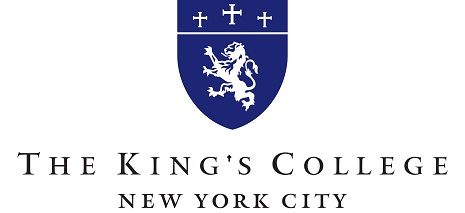Leading UK media covers Nagorno-Karabakh conflict with bias

She made the remarks at a conference titled “The Nagorno-Karabakh conflict: present situation and future prospects.”
The conference was held at one of the prestigious higher education institutions of the UK, the Kings College, as part of a grant competition of the Council of State Support to NGOs under Azerbaijan’s President for the foreign non-governmental organizations.
The event was organized by the Centre for Russian, European and Eurasian Studies, and attended by professors from the educational institutions in the UK, international experts and diplomats, the Council of State Support to NGOs said.
The conference, consisting of two sessions, was addressed by the former co-chair of OSCE Minsk Group Jacques Faure, the head of LINKS Center, the political analyst Dennis Sammut, and the representative of the European Policy Centre in Brussels, Amanda Paul.
Jacques Faure in his speech touched upon the question of influence of Russia, Turkey and Iran on the Armenian-Azerbaijani Nagorno-Karabakh conflict, as well as the bilateral relations of these countries with Azerbaijan and Armenia.
Dennis Sammut said, for his part, that the failure of the peace talks for more than 20 years doesn’t reflect positively in assessing the activities of the OSCE Minsk Group.
Amanda Paul, addressing the conference, said Baku wants a peaceful settlement of the conflict, but the failure of the negotiation process can again activate the conflict.
The conflict between the two South Caucasus countries began in 1988 when Armenia made territorial claims against Azerbaijan.
As a result of the ensuing war, in 1992 Armenian armed forces occupied 20 percent of Azerbaijan, including the Nagorno-Karabakh region and seven surrounding districts.
The two countries signed a ceasefire agreement in 1994. The co-chairs of the OSCE Minsk Group, Russia, France and the US are currently holding peace negotiations.
Armenia has not yet implemented four UN Security Council resolutions on the liberation of the Nagorno-Karabakh and the surrounding regions.














































